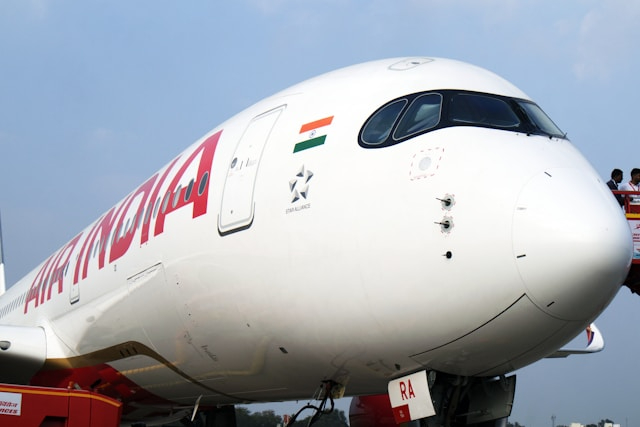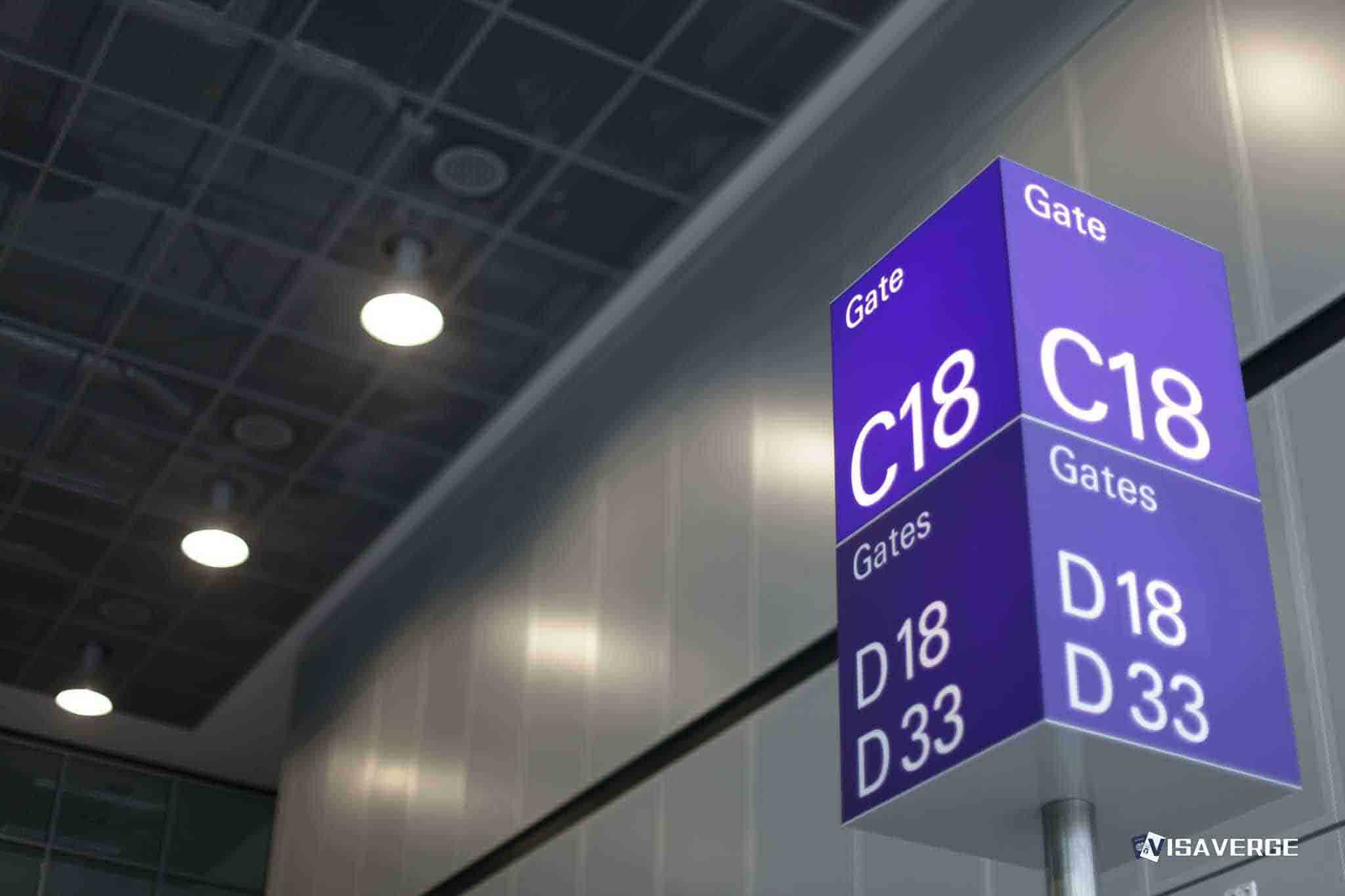(UNITED STATES) India Post has suspended most parcels to the United States, citing new U.S. customs regulations that remove the previous duty-free break for low-value imports. Effective August 25, 2025, the postal operator says it will accept only letters, documents, and gift items valued up to $100 for delivery to American addresses. The move responds to Executive Order No. 14324, signed July 30, 2025, which, starting August 29, 2025, requires duties on all goods entering the country under the International Emergency Economic Power Act tariff framework. Families, students, and small senders who rely on affordable post are already feeling the shock of this change.
What India Post’s suspension covers

India Post’s step is broad and affects almost all parcel products to U.S. destinations, whether the box contains new goods or personal items. The agency’s notice makes one narrow exception: gift parcels worth up to $100. Letters and documents are still accepted because they are not taxed as goods.
Everything else is paused if sent by India Post to the United States, including:
- Clothes and textbooks
- Medicines that are not prohibited
- Household supplies and festival sweets
- Other typical family packages
Why this happened: the U.S. policy change
The United States ended the long-running “de minimis” rule that previously allowed goods valued up to $800 to enter duty-free. Under Executive Order No. 14324 (issued July 30, 2025), from August 29, 2025:
- All imports must now attract duties, except for gifts up to $100.
- Duty-collection responsibility shifts to carriers and “qualified parties.”
However, U.S. Customs and Border Protection (CBP) has not yet published the full list of qualified duty collectors or the final operating procedures for international postal flows. That gap prompted postal operators to pause parcel services until they can comply without risking fines or losses.
Critical: Carriers need clear guidance on who collects, holds, and remits duties. Without that, postal shipments face delays, returns, or unexpected charges.
Operational constraints for India Post
India Post officials say they currently do not have agreements with any agency to collect and pay duties on U.S.-bound postal parcels. Airlines that carry mail have also not agreed to collect duties. LK Dash, Deputy Director General of India Post, states this lack of a duty pipeline is the main reason for the sudden suspension.
Without a workable method to collect and remit duties, postal shipments would be vulnerable to:
- Delays and returns
- Unexpected charges on arrival
- Administrative fines and logistical losses
How private couriers are responding
Private courier responses vary by company and channel:
- FedEx, UPS, and DHL have adjusted services; some announced limits or temporary pauses from August 25, 2025.
- FedEx and DHL Express remain operational for U.S.-bound shipments from India and state that duties now apply to all commercial imports.
- Express carriers will:
- Accept parcels,
- Collect duties and taxes,
- Process customs clearance under the new rules,
- But expect added paperwork, delays, and fees.
DHL’s split between postal and express channels illustrates the landscape:
- Deutsche Post/DHL postal services in some markets temporarily stopped business parcels to the U.S., while still taking private parcels (gifts under $100) and documents.
- DHL Express continues shipping because it has staff and systems to estimate and collect duties at shipping or delivery.
For Indian families, the takeaway is clear: private express couriers can move parcels but usually at higher cost and with more detailed item declarations.
Special concerns about food and medicines
Food and certain medicines face extra restrictions:
- The U.S. Food and Drug Administration (FDA) and CBP have strict rules for many foods, and some are prohibited from mail.
- Even if a courier accepts a parcel, CBP may stop it, demand documents, or return it.
- Homemade foods, meat products, and perishable goods are especially risky.
Suggestions:
- Check item-by-item rules with couriers.
- Avoid homemade foods and unlabelled perishable items.
- Ask the courier for a written list of allowed products.
Refunds and immediate relief from India Post
India Post is offering refunds to customers who booked U.S.-bound parcels that cannot be carried due to the suspension. Refunds cover postage but not packaging or other incidental costs.
This offers limited relief but does not solve the operational issue of how to keep essential family flows going for medicines, winter clothing, or festival items.
Why timing matters: fast implementation pressure
Analysis by VisaVerge.com notes the compressed timeline—only a few weeks between the Executive Order signing and its effective date—pushed carriers to make conservative choices.
- Express couriers adapt faster because they already collect duties and maintain customs broker networks.
- Postal services rely on global agreements, airlines, and inland partners; they need clear rules and payment rails.
- Until CBP confirms qualified parties and duty-handling procedures for mail, postal operators are likely to limit or pause parcel flows.
Practical message for senders in India
Short-term guidance:
- India Post will accept only:
- Letters and documents
- Gift parcels up to $100
- Everything else must go by private courier, and duties will likely apply.
If using a courier, do the following:
- List every item with its correct value.
- Ask the courier for the expected duties and taxes before paying.
- Keep all invoices and receipts.
- Be ready for storage fees if customs needs more time or paperwork.
Policy changes overview (concise)
- Executive Order No. 14324: issued July 30, 2025.
- Effective for duties: August 29, 2025.
- Ends de minimis exemption of $800; only gifts under $100 are exempt.
- Duty-collection is shifted to carriers or “qualified parties,” but CBP has not finalized procedures for international mail.
This uncertainty is the principal operational hurdle for postal operators.
Impact on households and small senders
Real-world effects:
- A parent sending winter clothes, snacks, and a small appliance: India Post will not accept such packages unless reclassified as a gift under $100.
- If sent via private courier, expect duties on each item, brokerage fees, and possibly longer transit and delivery delays.
- If the receiver cannot or does not pay duties, the parcel could be returned, destroyed, or retained—sometimes with fees charged to the sender.
Risk reduction tips:
- Make an accurate itemized list with true values.
- Ask courier to estimate duties, taxes, and brokerage fees before shipping.
- Avoid prohibited/restricted items, especially homemade foods and perishables.
- For gifts under $100, label them clearly and keep the declared value honest.
Official resources
For baseline rules on how U.S. officers inspect and release mail and what happens when duties are due, see:
– U.S. Customs and Border Protection – International Mail
Note: This page explains typical mail handling but does not replace the new Executive Order’s specifics.
Immediate options for families (four choices)
- Use India Post only for letters, documents, and gifts up to $100.
- Switch to private couriers (FedEx, DHL Express, etc.) for higher-value parcels.
- Hold shipments until India Post resumes broader services after duty-collection mechanisms are clarified.
- Buy items inside the United States to avoid international customs (if budget allows).
If using private couriers, prepare exports accurately:
- Give precise item names (e.g., “cotton kurta,” “stainless steel pressure cooker”).
- Declare correct quantity and value per line item.
- Provide the receiver with tracking numbers and invoices.
What to do if you already mailed a parcel near the cutoff
- Contact your local post office with the receipt to request a refund if shipping was canceled.
- Keep proof and invoices if your parcel was accepted as a gift under $100.
Delivery timing and customs holds
- Shipments tendered on or after August 29 may face additional valuation, duty payment, or safety inspections.
- Time-sensitive parcels should use faster express options with door-to-door customs brokerage.
- Ask couriers to flag items likely to trigger FDA or agriculture reviews before shipping.
Long-term outlook and signs to watch
India Post will resume broader services once CBP confirms:
- A list of qualified parties for duty collection on mail flows.
- How money will be handled and how disputes/refunds are resolved.
- Airline agreement to carry mailbags with clear duty status.
- India Post’s step-by-step process to accept parcels with duty prepayment or collection.
When these pieces fall into place, postal shipping to the U.S. should begin to reopen more broadly.
Quick checklist (practical)
- If using India Post, limit U.S.-bound items to letters, documents, and gifts up to $100.
- If sending other goods, use a private courier and expect duties, taxes, and brokerage fees.
- Avoid food unless confirmed in writing by the courier that it’s allowed and all documents are complete.
- Share tracking and invoices with the receiver so they can pay duties quickly if needed.
- Keep receipts and be ready to answer courier or CBP questions about items and values.
Final notes
The Executive Order’s aim is duty collection on all goods, not to block family parcels. A legal path still exists to send personal items, but it now carries more cost and formality. By planning ahead, choosing the right channel, declaring honest values, and avoiding restricted goods, senders in India can continue to support loved ones in the United States while complying with the new customs regulations.
Keep watching notices from India Post, FedEx, UPS, DHL, and CBP for updates. When in doubt, ask for written guidance from a post office supervisor or courier representative about your specific items.
Frequently Asked Questions
This Article in a Nutshell
India Post paused most U.S.-bound parcel services from August 25, 2025, accepting only letters, documents, and gifts ≤ $100. The change follows Executive Order 14324 ending the $800 de minimis exemption; duties apply from August 29, 2025. Without CBP guidance on qualified duty collectors, India Post lacks mechanisms to collect duties, so private express couriers remain the primary option but with higher costs and more paperwork.






